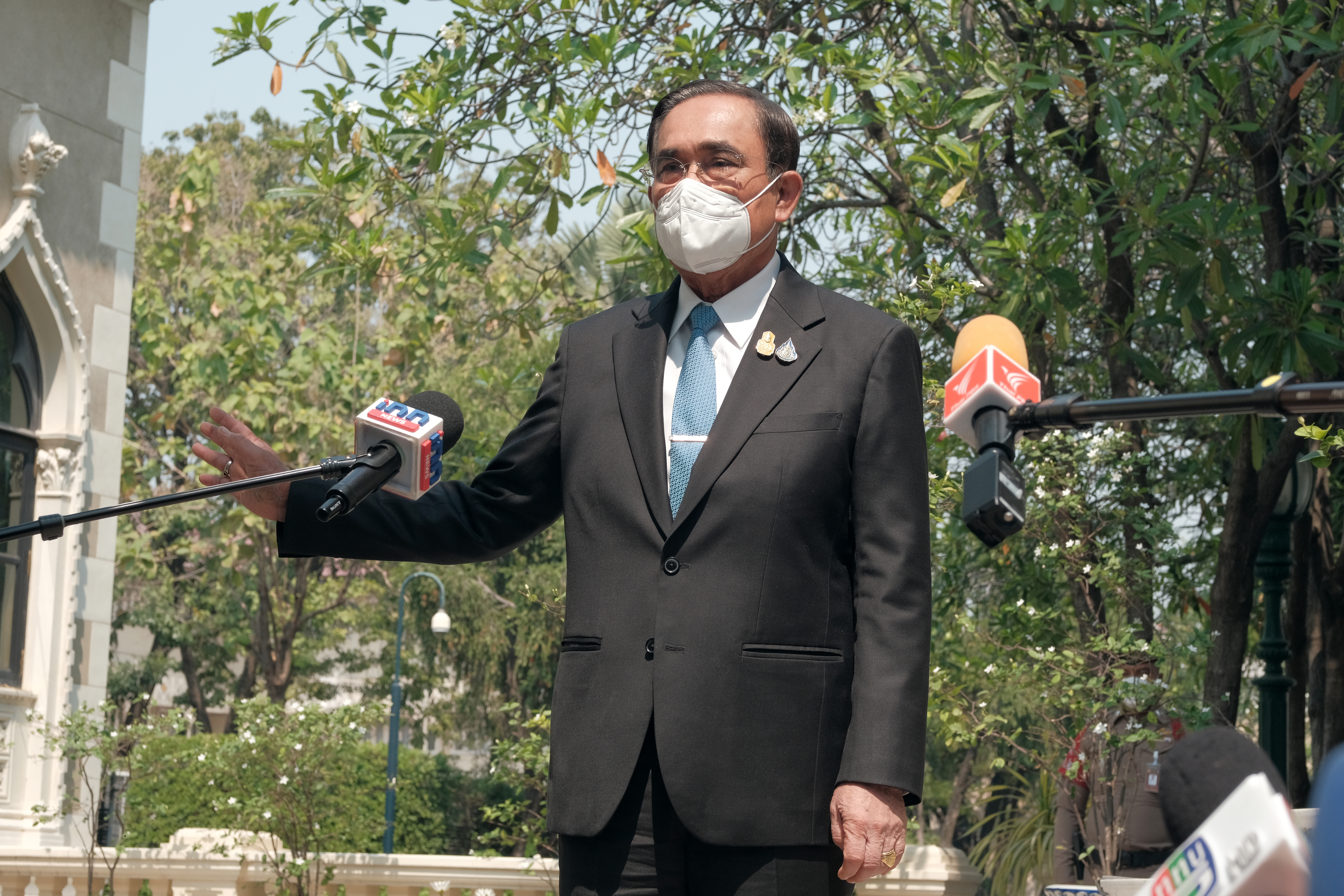
Prime Minister Gen Prayut Chan-o-cha in his capacity as chairman of the National Security Council recently launched an action plan to encourage peaceful coexistence in Thailand.
The Action Plan for the Promotion of Coexistence in Thailand's Culturally Diverse Society (2023–2027), unveiled on Jan 23, aims to close social, economic and political gaps for marginalised ethnic groups.
According to the plan, the government will ensure these groups have access to basic necessities and the right to safety, giving them the power to live without fear, and integrate with society.
However, many fear that this plan will fall short, just like previous government policies, due to bureaucratic challenges and deep-rooted prejudice against ethnic minorities.
A week before the plan was unveiled, a group of the Urak Lawoi sea people, also known as "Chao Lay", staged a protest in Bangkok to urge the government to prevent tourism businesses from encroaching on their ancestral lands, including those on Koh Lipe island, a tourist destination in Satun province.
The Chao Lay have been fighting tourism businesses for their land rights for over 30 years. The most recent case involved an investor fencing an area to block Chao Lay children from accessing their school.
A day after the action plan was launched, Gen Prayut visited Suphan Buri, where native Karen forest dwellers have lived for centuries.
Karen people from Dan Chang district's Ban Pa Phak-Ong Phra, Ban Kluai and Ban Huai Hin Dam villages then petitioned the prime minister to restore their right to 5,000-rai plots of ancestral land.
Their main adversaries here are not tourism companies, but forest officials who treat Karen people like outlaws who must be evicted. Karen forest dwellers lived in this part of Suphan Buri before areas were turned into national parks, which later saw them become outlaws under harsh forestry laws.
Consequently, they have lost their land rights, and now face the threat of arrest and prosecution.
Recently, Karen spiritual leader Ta Po was detained for practising subsistence farming in accordance with their traditional way of life on a two-rai plot of land. A court sentenced him to one year in prison, suspended.
The Suphan Buri Karen forest dwellers are not alone. Their Bang Kloy-Jai Paen Din counterparts in the heart of Kaeng Krachan National Park also faced threats from officials. Recently, park officials raided homes and set them on fire, leaving nearly 100 families homeless and others arrested.
The Supreme Administrative Court later ruled the Bang Kloy-Jai Paen Din were indeed indigenous forest dwellers and that the parks staff had breached the law. As a result, the court ordered the forest agency to compensate villagers for burning their homes.
However, when the Bang Kloy-Jai Paen Din indigenous people wanted to return to their ancestral homes, they were arrested once again. The children who accompanied their parents were also sent to court for prosecution.
The Urak Lawoi sea people on Lipe island and Karen forest dwellers in Suphan Buri and Petchaburi are among some six million marginalised ethnic peoples facing eviction due to business interests and prosecution.
Ironically, despite being legally protected by the 2010 cabinet resolution to restore the Karen highlanders' and sea people's way of life, ethnic minorities are still being mistreated.
Twelve years after the policy was enacted, agencies still violate it with impunity. Instead of being protected, indigenous peoples are now facing even greater hardship.
According to the 2017 constitution, it is the responsibility of the government to support and protect ethnic groups. The government had even established a 2021 deadline to enforce the law to protect marginalised groups.
Yet a draft law has not been sent to the cabinet for approval, leading the public to ask whether the drafting process has even started.
Now the government has its four-year action plan, it promises to drive state agencies towards ensuring a peaceful and productive for ethnic groups, but will it prove to be as ineffective as previous state policies on the matter?
In addition to advancing the law to support ethnic equality, the government and the National Security Council must ensure that the action plan offers a genuine solution to the hardship being faced by ethnic groups.
If not, Thailand's commitment to fostering diversity and peaceful coexistence in its society will ultimately amount to nothing more than rhetoric.
